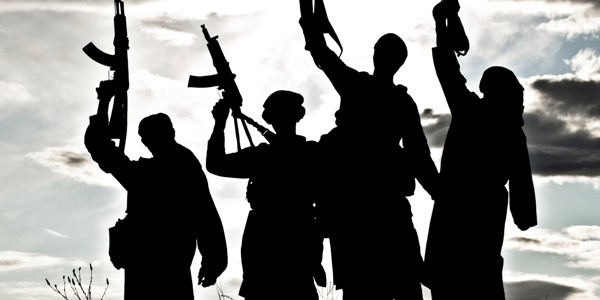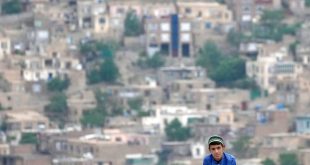The greatest concern of Afghan government is that Pakistan has long been allowed Taliban insurgents, and Haqqani Network leadership to find safe haven on its soil—and also Islamabad is not doing enough in war on terror. However, after immense of pressure from Afghanistan and international community—and direct from Washington, Islamabad finds itself in a bind, in which the country’s prime mister Shahid Khaqan Abbasi recently visited Kabul and disused key issues, including effort on counterterrorism. President Ashraf Ghani welcomed Abbasi and both sides discussed counterterrorism, Afghan-led and Afghan-owned peace and reconciliation process and violation of integrity of Afghanistan. Besides rocket firing, recently Pakistani aircrafts strike some areas in Kunar province. During the talks, there was nothing to be optimistic about—several such meetings occurred in the past with no result in sight. During talks even the two countries showed willingness to avoid public blame games—but Pakistan leaves no leaf to turn situation in its favor as recently it took advantages of an a airstrike conducted in Kunduz that killed mostly Pakistan-backed Taliban insurgents, including top senior Pakistani advisors who were there to help and coordinate Taliban’s upcoming spring offensive and the raid has ever since sparked uproar in Pakistan. They are using this as political tool to promote further anti-Afghan government sentiments among the very Taliban group they are feeding with allegation the airstrike killed innocent civilians, majority of them children. There is no denying to the fact that civilians were harmed and this is totally unacceptable as already the President Ghani assigned a delegation to probe the incident seriously. But at the same time this is totally against agreement that both the countries reached to use Afghanistan-Pakistan Action Plan for Peace and Solidarity (APAPPS) as a mechanisms to respond to mutual issues of contention and concerns. Both the neighbors have agreed to operationalise the working group under (APAPPS), and the understanding was reached during Pakistani delegation visit. It was also concurred to undertake effective actions against fugitives and the irreconcilable elements posing security threat to either of the two countries. But the most important decision was to have a joint supervision, coordination and confirmation mechanism through Liaison Officers for realization of the agreed action. This is something that only could be pinned hope on. It seems our government will share locations of the terrorists, and the Pakistani with our Liaison Officers coordinately will go after the terrorists. The same thing will be happened in our side and we don’t afraid because we are not supporting and harboring terrorists. This is the only plus point of the meeting, but time will prove its significance in fight against terrorism. It is worth mentioning that beside strategy and mechanism, the number obsession is political will among Pakistani leadership—if this segment has agreed, peace and security would come within months.
 Afghanistan Times
Afghanistan Times


